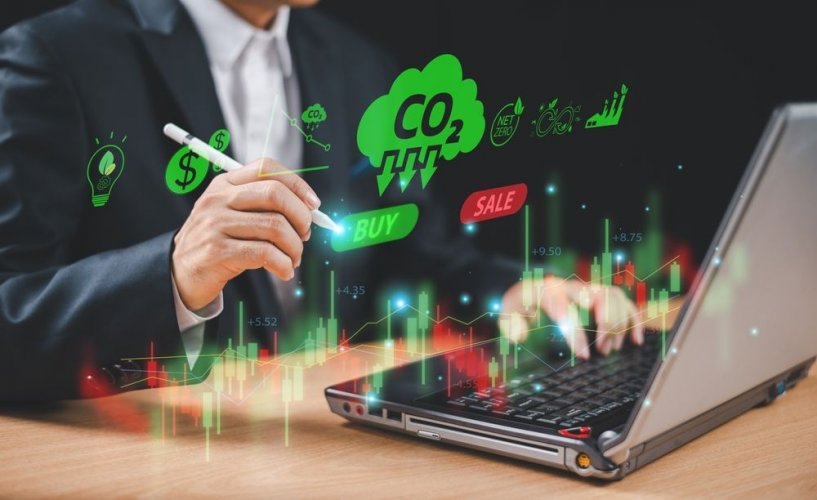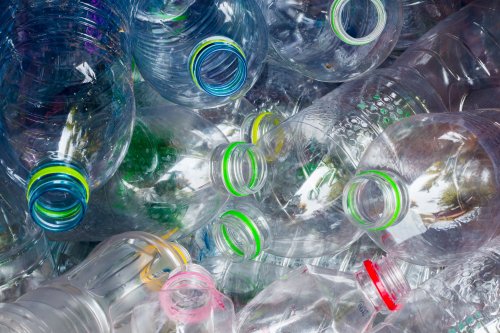Brussels is right to consider achieving part of the European Union's next emissions reduction target through international carbon credits.
This opinion was expressed in an interview with POLITICO by former senior climate official Jos Delbecque, who played a key role in the creation of the EU Emissions Trading System (EU ETS).
But the expert, who headed the European Commission's climate policy department until 2018, noted that the credits must be of high quality and their number must be carefully controlled. He insists that the EU should develop its own standards for them. This would allow the bloc to finance climate projects abroad and count the emissions reductions toward its internal target.
How attitudes toward international carbon credits have changed
In the 2010s, the EU ETS allowed the use of such credits, which are regulated by the now discredited global system known as the Clean Development Mechanism (CDM). This meant that instead of buying a permit to pollute equivalent to one ton of CO2 emitted in the EU, companies could also purchase a credit equivalent to one ton of CO2 reduced elsewhere.
This approach led to a backlash that threatened the entire system. Many CDM credits were dubious and did not represent verifiable emissions reductions. In addition, they were cheap and abundant, flooding the ETS and driving down prices. In this way, they undermined the economic incentive for EU companies to reduce their domestic emissions.
“Most of these credits came to Europe and could have killed the ETS market. This drove down prices, so together with the market stability reserve, we developed a policy to close the door to all credits coming from the CDM,” the former official explained.
Delbeke therefore first restricted and then banned all foreign credits on the market. From 2021, compensation under the ETS has become impossible.
According to the expert, the CDM system “was well discussed, but it was terribly implemented.”
Why officials are returning to this idea
Jos Delbecque, who was one of the key architects of the ETS, now advocates reconsidering the use of international carbon credits. He insists that times have changed.
The former official argues that with the new global framework agreement under the Paris Climate Agreement, the EU should reconsider its ban and set its own standards for credits.
Delbecke believes that the EU should be more flexible about how it can achieve its goals amid economic difficulties, global trade tensions, the war in Ukraine, and Donald Trump's return to the White House.
"The [EU] climate legislation was adopted before the invasion of Ukraine, before we had Mr. Trump as president and before his tariff war. Now we want more industry in Europe, we want to spend more on defense, which will lead to increased emissions. So the world looks very different today, and I think the goals that were agreed upon then may turn out to be more expensive than was anticipated at the time," he said.
Voices against
The idea of using international loans to achieve part of the EU's 2040 target has been strongly criticized by green NGOs and the bloc's own scientific advisory council on climate change, which warned that foreign loans risk undermining climate efforts and threaten the price of ETS.
The European Parliament's internal analytical center also warned on Thursday that “if international loans are allowed again, these concerns will remain today.”
According to foreign media reports, on July 2, during a meeting with representatives of EU countries, the European Commission will propose a new EU climate target for 2040.





